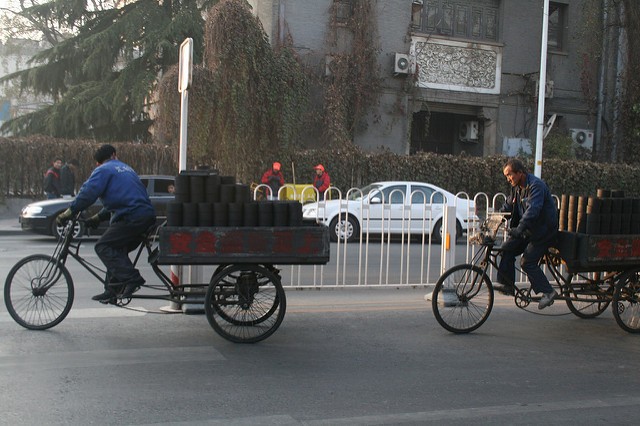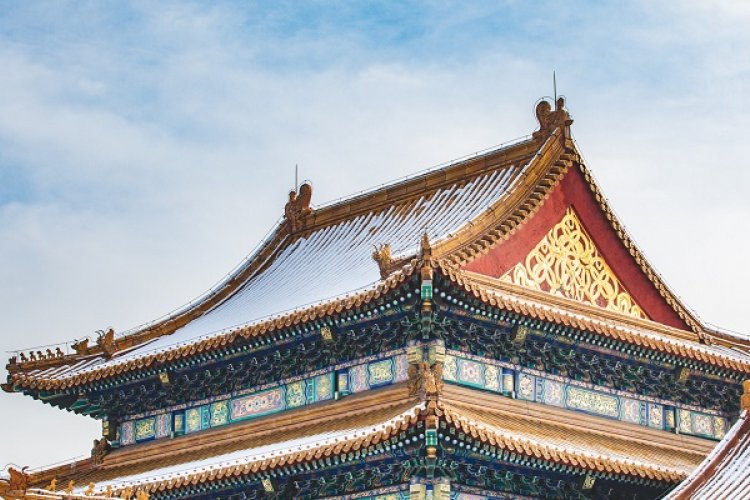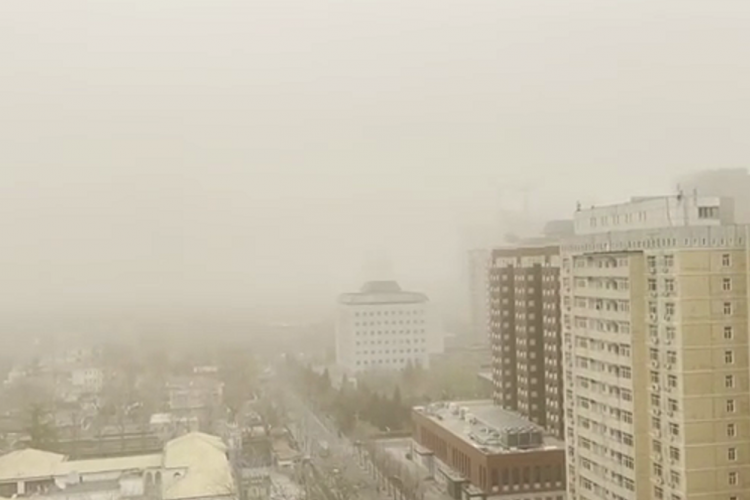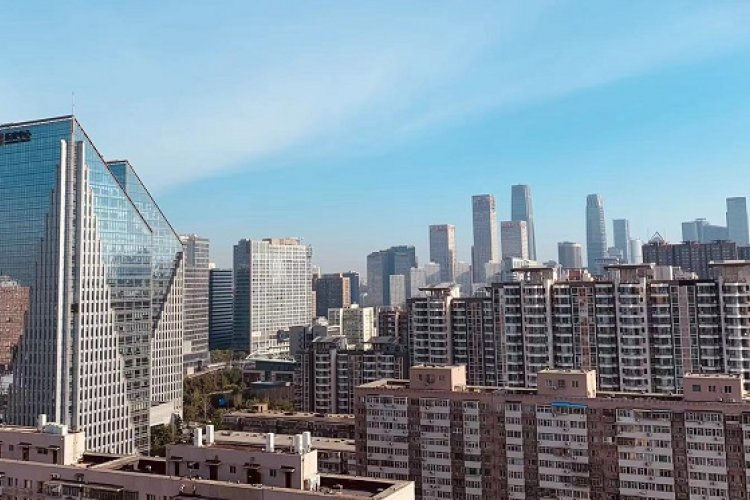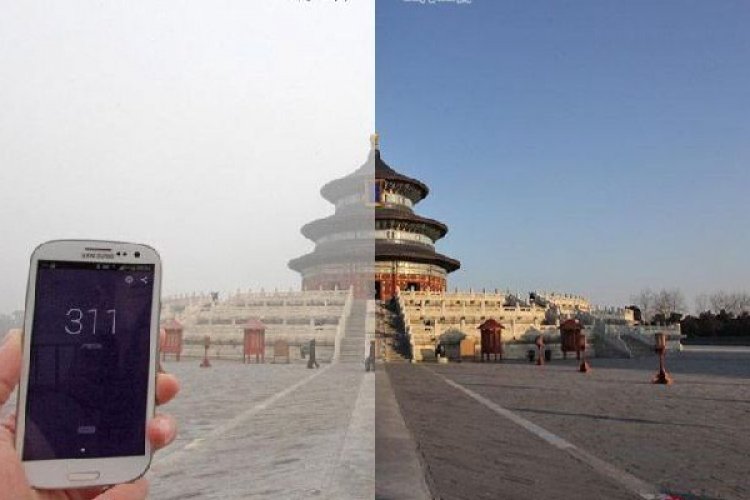Bei-cology: Beijing's Sooty Urban Skies Could Be Cleared by Lifestyle Changes on the Outskirts
For most Beijingers, smog is seen as an urban issue, with many of us linking congested lungs and congested roadways as trademark features of our bustling city.
However, that notion is being challenged by location officials as they combat Beijing’s pollution. A recent China Dialogue article described the city’s efforts efforts to cut down on coal burning in Beijing’s outskirts. The report came a week prior to news that Beijing, Hebei, and Tianjin would now fall under a unified pollution warning system, and said the “large rural hinterland of small towns and mountain villages,” that are technically part of the Beijing municipality, are the source of copious coal burning throughout the winter. This coal burning keeps local homes warm but also unfortunately results in sooty plumes that plague the city's downtown core.
In fact, the article says domestic coal burning results in more harmful carbon than that emitted by industry, and more than that of transportation and electricity combined. It cited findings by the National Academy of Sciences of the United States of America (PNAS), which found that limiting coal burning in households would cause PM2.5 levels to plummet annually by 32 percent, “giving greater benefits than could be produced from improvements in other sectors.”
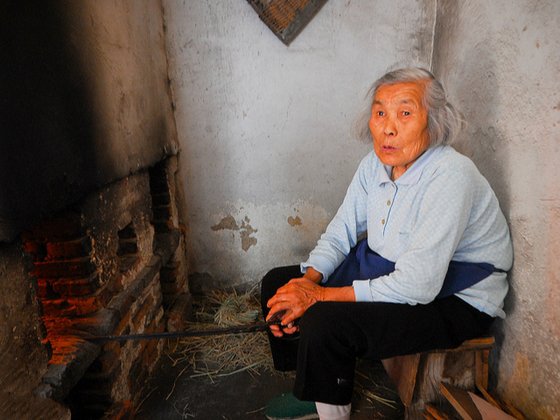
To reach that goal, the government hopes to replace coal burning with district-wide heating systems, or gas or electric heating. However, rural residents mostly prefer semi-coke briquettes, black pellets billed as “clean coal” because designers have worked to remove the harmful elements that cause cause hazardous emissions, while retaining the benefits of warmth when they are are used in boilers and small ovens. These briquettes are supposedly cheap and convenient for rural residents, and are less harmful than conventional coal burning, though experts say gas or electric heating, not mention even greener alternatives like solar, are far more preferable.
RELATED: Learn These 10 Pollution Related Chinese Phrases to Help Clear the Air
If a combination of such reduction efforts could be used to both the satisfaction of residents and environmentalists, Beijingers could see a drastic reduction in smog levels. This would add to the already highly promising news – which TBJ reported on October 5 – saying that that Beijing has seen a year-on-year improvement in air quality, including a 10 percent improvement this year on 2015 alone. Longtime Beijing dwellers will no doubt relish these developments after years of airpocalyptic conditions and could very well give us hope for a much bluer future.
However, that cleaner tomorrow has by no means arrived yet. On October 12, Channel News Asia reported that 55 Chinese firms brazenly exceeded pollution limits in the second quarter of 2016. Most of the offending firms were housed in Inner Mongolia, Liaoning and – of course – the Beijing-adjacent industrial hub of Hebei, whose smog frequently spills over into the capital. And while their disregard for environmental law is troubling, the government's reaction to those negligent companies sounds promising, including "tougher supervision arrangements, fines, and production restrictions." The biggest fines were given to PetroChina, who will have to cough up RMB 8.5 million, and a mining company owned by the Angang Group, who will need to pay RMB 150,000. The Ministry of Environment said that such offenders will need to "rectify their illegal activities and disclose the details to the public." Indeed, this proves that any sunny optimism will be misplaced unless such anti-pollution laws are enforced.
More stories by this author here.
Email: kylemullin@truerun.com
Twitter: @MulKyle
WeChat: 13263495040
Photos: China Dialogue, Eco-Business

